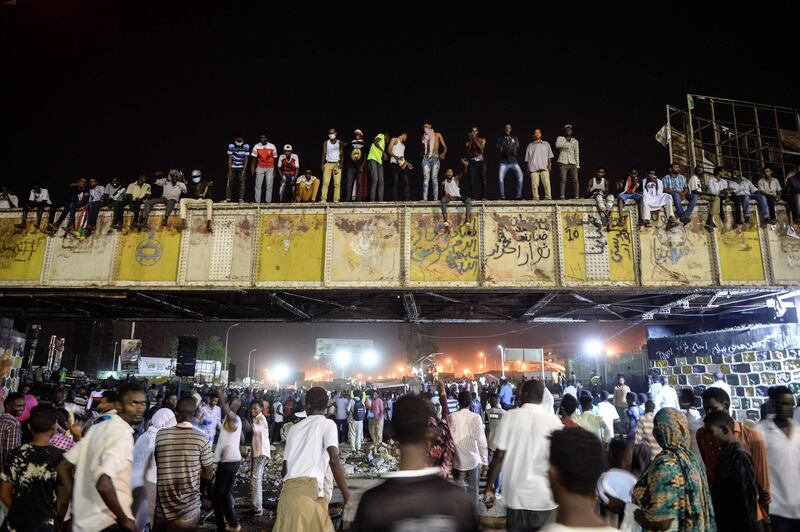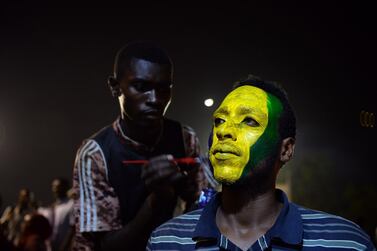Sudan's generals and protest leaders returned to the negotiating table on Monday amid heightened tension between the two sides. At stake is the country's political future following the military's removal of authoritarian ruler Omar Al Bashir last month.
The talks have taken on an air of urgency after the sides publicly accused each other of not negotiating in good faith. Their discussions are focused on the structure and powers of transitional bodies that would rule the country until a new constitution is drafted and free elections are held.
Last week, the protest leaders, grouped in a coalition of parties and trade unions called the Declaration of the Forces of Freedom and Change, submitted to the generals a draft constitutional declaration spelling out their vision for a four-year transitional period in which civilians, not generals, would be in charge and make up the overwhelming majority in the interim ruling bodies.
Their argument is that it was civilians, not the military, who rose up against Mr Al Bashir in four months of protests in which nearly 100 people were killed and thousands injured or detained and tortured. It was the military's duty to move against Mr Al Bashir on April 11 to protect the protesters from the deadly force used by his security forces, they argue. Sudan's protesters, they insist, did not rise against Mr Al Bashir so that generals replace him.
Mr Al Bashir seized power in a 1989 coup that toppled a freely elected but dysfunctional government, maintaining a pattern that has afflicted Sudan since independence in 1956. Military coups have ended spells of democratic rule in 1958, 1969 and 1989, placing the military at the helm of the vast and religiously and ethnically diverse country for more than 50 of its 63 years as an independent nation.
The Freedom and Change Forces have also threatened "revolutionary escalation" to force the military to cede power, saying they would call for a general strike to put more pressure on the generals while urging more protesters to join the sit-in outside the armed forces headquarters in Khartoum, the capital. The sit-in began on April 6 and has continued to pressure the military to step down.
In a move that heightened tensions, protesters have at the weekend blocked a major, Nile-side road in Khartoum where the presidential palace is located. They said their action was in response to authorities denying protesters access to a major route to the sit-in.
The generals responded to the constitutional declaration from the protest leaders by saying they had "many reservations" about the document and threatened to call for elections after six months if the two sides could not reach an agreement by then.
Hoping to strike a chord with the overwhelmingly Muslim population, they noted that the draft failed to make any mention of Sharia as the basis for legislation.
The protest leaders say the role of Sharia, introduced by the late dictator Jaafar Nimeiri in 1983, should be decided by the panel that drafts the new constitution.
The generals also complained of actions by protesters which they said had either threatened national security or disrupted life in the capital and elsewhere.
The negotiations which began on Monday are likely to continue for days and their outcome is far from certain. Failure to reach an agreement would cast a dark cloud over Sudan's future and could signal a resumption of violence on the streets, particularly if the military attempts to break up the sit-in. The military has repeatedly denied any intention to do so, but that course of action could become inevitable if the talks collapse.







